Gambia
One year after Yahya Jammeh left for exile in Equatorial Guinea with 22 years of iron fist rule, Gambians breathed the air of freedom once again.
But the socio-economic situation remains President Adama Barrow’s real challenge.
“Food prices are the same, wages have not increased, the health sector is in ruins and the education sector is a farce,” laments Ismaila Ceesay, a Professor of Political Science at the University of The Gambia.
“So nothing has changed, except, I’m going to be very honest with you, the political space is now more open, we don’t have the NIA and the jungulai,” he adds.
Addressing his compatriots in his speech at the end of the year, President Adama Barrow underlined the heavy debt inherited from his predecessor. “A debt of more than a billion dollars, or an astronomical rate of 120% of GDP”.
That is why people complain.
“We still want development. There has been no development in this country. And no one is telling us that there will still be development,” said Harouna Jallow a driver.
According to Jallow, Gambians are still not sure about the president’s plans.
But gradually The Gambia is improving its economic indicators. Foreign exchange reserves have gone from less than a month of import coverage to more than four months at the end of the year, according to Gambian President Adama Barrow.




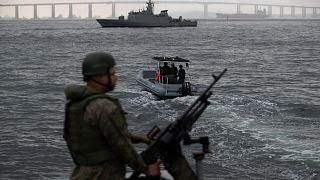
![Cyber Africa Forum highlights Benin's bold digital resilience [Business Africa]](https://static.euronews.com/articles/stories/09/33/14/38/320x180_cmsv2_675083a0-3d42-5b59-aba8-cbd15242e6d9-9331438.jpg)
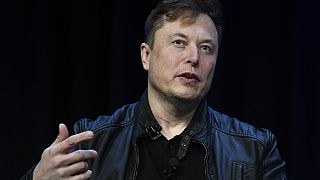
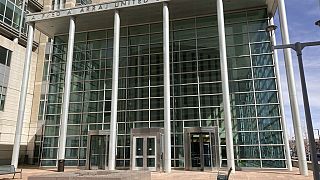
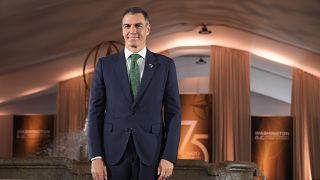
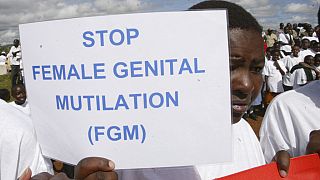



Go to video
World Bank grants South Africa $1.5B for infrastructure, green energy
11:16
Angola hosts U.S.-Africa summit amid calls to revive trade ties {Business Africa}
01:30
Abu Dhabi hosts first Global South Economic Forum
01:23
Fourth edition of China-Africa Economic and Trade Expo opens in Changsha
02:20
VivaTech 2025: Africa takes center stage with bold AI ambitions
11:14
Rwanda Walks Away: what’s behind the Central Africa rift? [Business Africa]